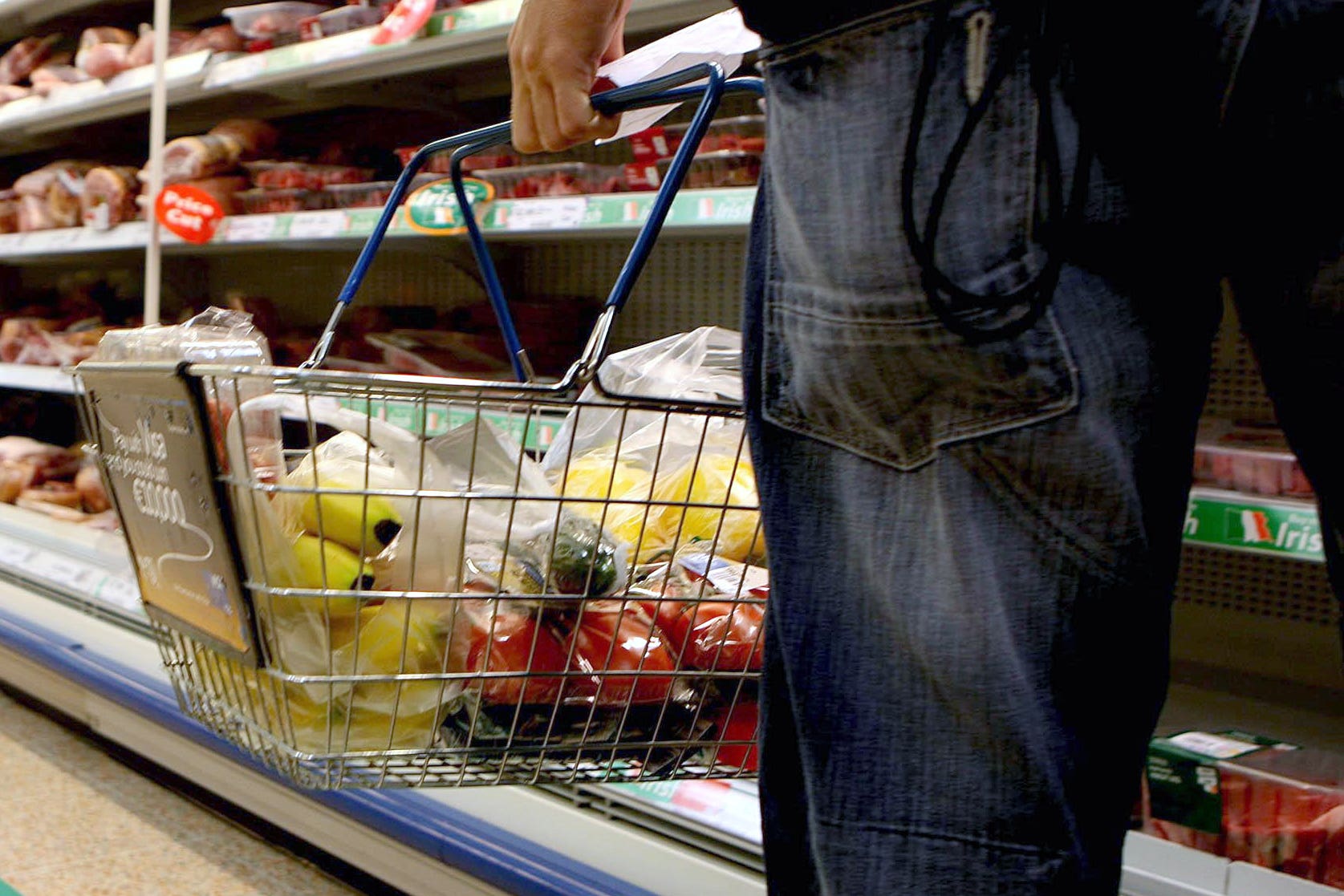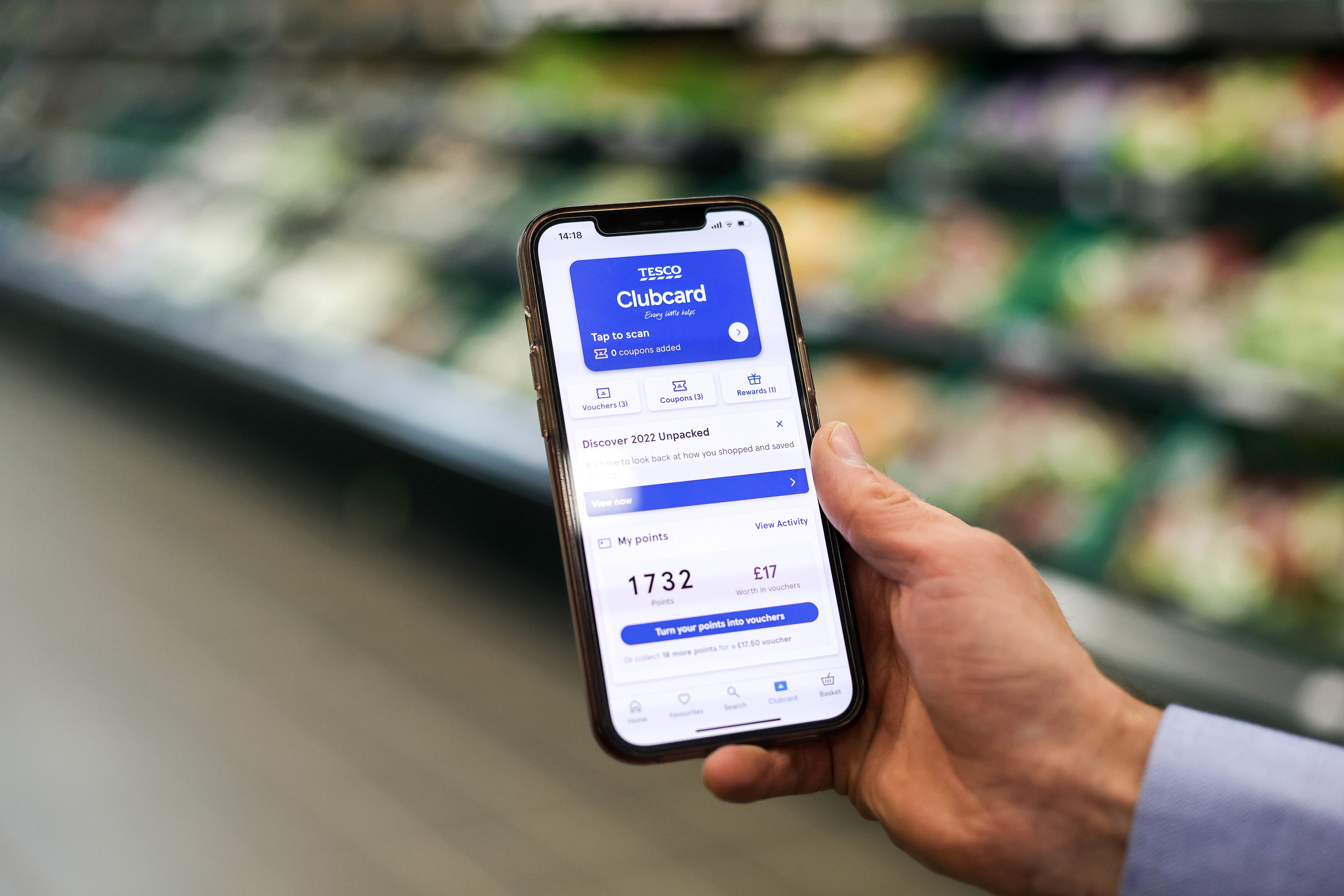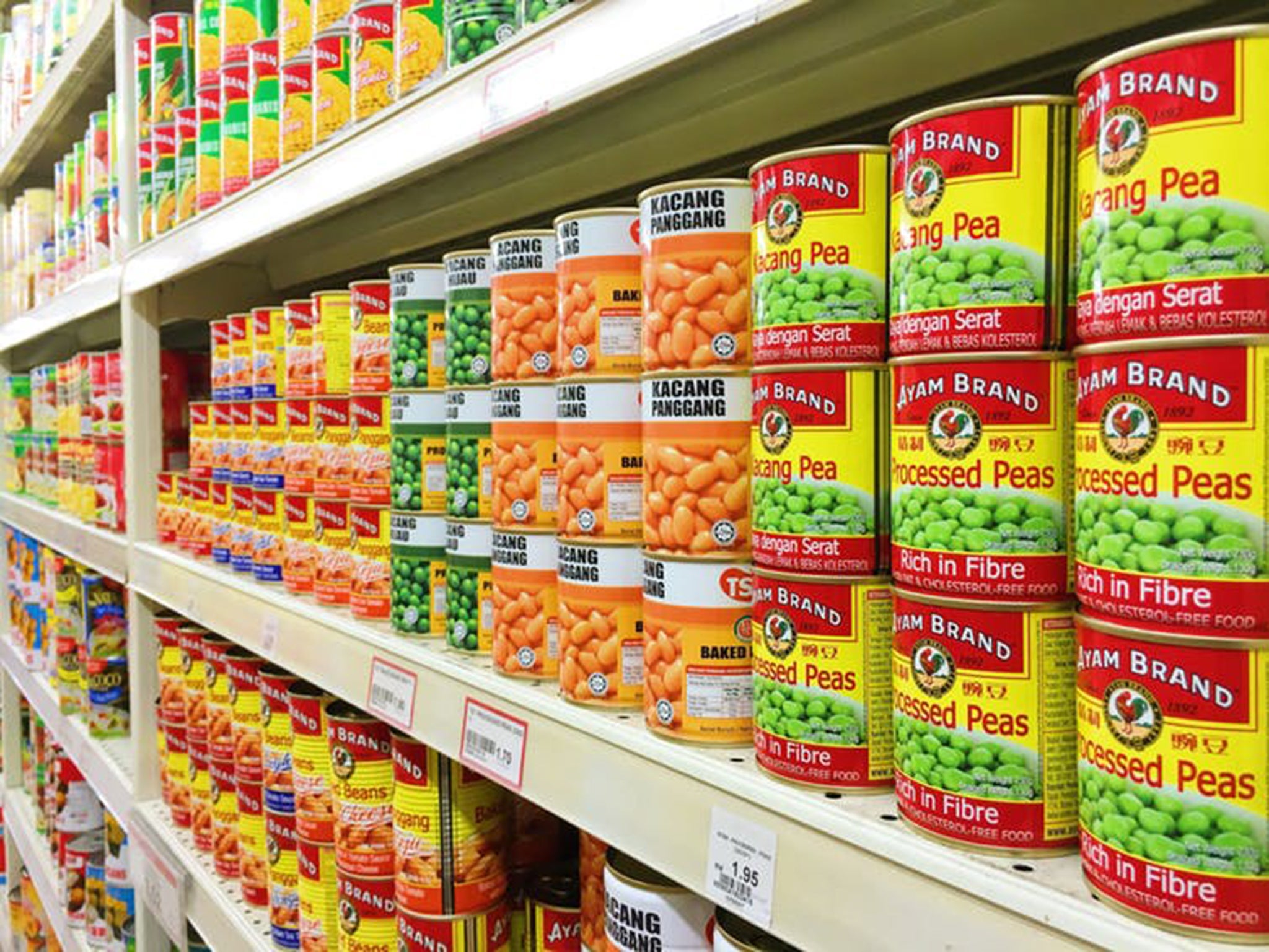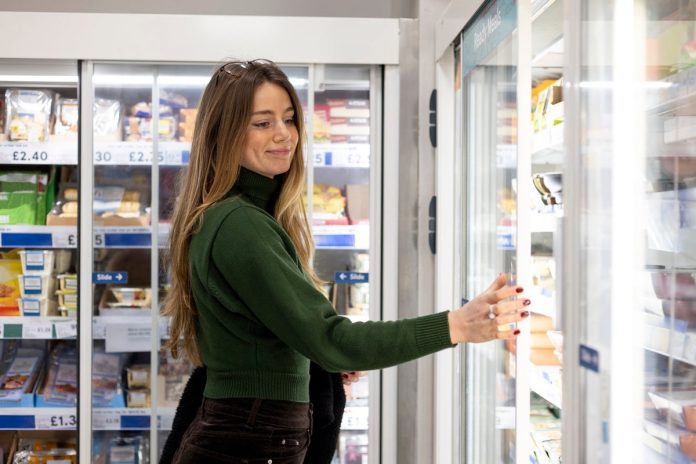New data reveals that food inflation has increased for the fourth consecutive month in May, according to the British Retail Consortium (BRC)-NIQ Shop Price Index.
The report indicates a 2.8 per cent rise in food prices compared to last year, a slight increase from April’s 2.6 per cent.
Fresh food prices have particularly surged, climbing by 2.4 per cent since last May, up from 1.8 per cent in April.
With grocery costs continuing to climb, it is now more important than ever to find ways to make your money go further at the supermarket.
Whether shopping for a family or oneself, implementing a few simple strategies can lead to significant savings.
Here are eight practical tips to help reduce food shopping expenses without sacrificing quality or nutrition.
1) Make a budget for your food shopping

“If you’re able to, plan and budget your food spending,” recommends Matthew Parden, CEO of money management app Marygold & Co.”Have an awareness about what your needs are and what your spend is capped at.
“Create a separate budgeting pot for food shopping. This helps ensure that this money is parked away from your day-to-day spending. On many money managements apps you can request nudges that remind you to put money away into this separate pot on pay day.”
2) Stick to a shopping list
“Mapping out your weekly meals and sticking to a targeted shopping list helps avoid impulse buys and cuts down on waste,” says Jamie Crummie, food waste expert and co-founder of Too Good To Go.
Parden agrees and adds: “Supermarkets have a very good habit of making you buy lots of things you didn’t need or didn’t know that you wanted.
“You might buy those five kilogram packets of whatever, and half of it gets chucked away after a week, either because you didn’t understand the best before dates, or because you’re not storing it properly. So, stick to a shopping list and be careful about what you’re buying.”
3) Join your local supermarket’s loyalty scheme for extra savings

“Every supermarket has its own loyalty scheme where you can collect points and get a small amount of cash back on those – and that’s very worthwhile,” says Parden. “You can also often get discounts by using supermarket gift cards, and generally you can get a 3 per cent discount on those.
“For example, if you buy a £100 gift card for your supermarket shop, you might only have to pay £97 for your shop if it offers a 3 per cent discount.
“I’m always surprised that these gift cards aren’t used as much, and I think part of the reason behind this is a lack of awareness about them.”
4) Look for the yellow stickers
“Often you can get the yellow label discounts on things like beef and steak which can cost a fortune,” says Parden. “If you learn when your supermarket has yellow sticker days, or which aisle you may find them in, then certainly there’s significant savings to be made there.”
5) Buy non-branded or supermarket own branded products
“In many blind taste tests, the non-branded items often come out on top, and buying non-branded or supermarket own branded products is usually much cheaper and can lead to significant savings,” says Parden.
6) Make the most of the tinned aisle

“There’s some pretty good tinned fish out there in supermarkets, and they’re often overlooked, but they’re actually very well priced,” says Parden. “Tinned food can be very versatile, has a longer shelf life and can actually taste very good.”
7) Make friends with your freezer
Purchasing frozen fruits and vegetables is an excellent way to eat healthier while sticking to a budget and reducing food waste. Similarly, cooking meals in bulk and freezing them for later can also help achieve these goals.
“Your freezer is an underrated hero – think of it as a pause button on freshness,” says Crummie. “Batch cook meals like stews, curries or soups, then freeze portions for ready-to-go dinners later.
“Use stackable containers and label them with dates to keep track. Don’t overlook freezing perishables either – bananas (great for smoothies), bread, even grated cheese freeze beautifully.”
8) Go to the shops just before closing time

“Local markets, supermarkets, bakeries and greengrocers often slash prices near closing time – especially on fresh items,” says Crummie. “These bargains are great for your wallet and help support your community too.
“The Too Good To Go app can also connect you with nearby stores offering surplus food, helping you discover hidden gems at a fraction of the cost.”


